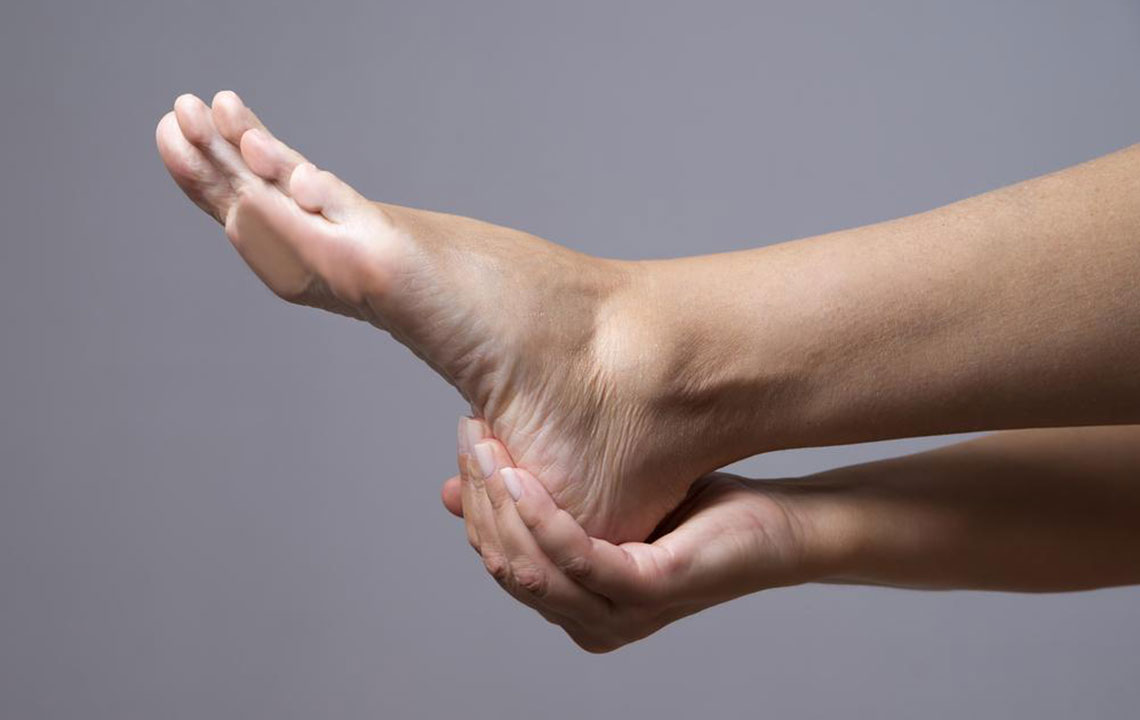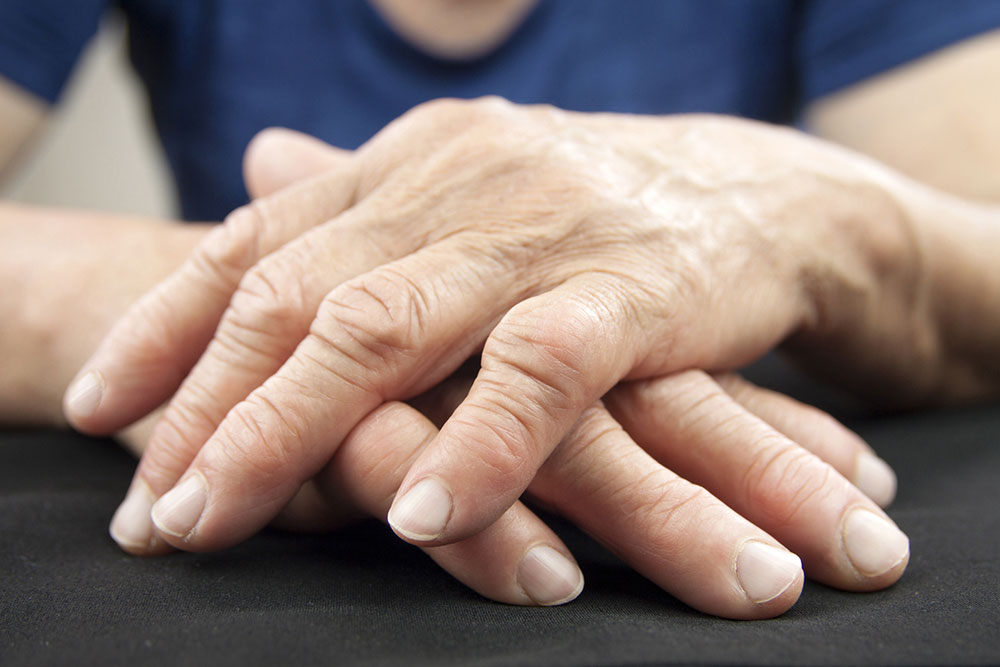Effective Ways to Alleviate Foot Discomfort from Nerve Damage
Learn practical methods to reduce foot pain caused by nerve damage. This article discusses symptoms, diagnosis, and treatment options including medication, physical therapy, and lifestyle adjustments to manage peripheral neuropathy effectively.

Effective Ways to Alleviate Foot Discomfort from Nerve Damage
Foot discomfort caused by nerve injury happens when peripheral nerves connecting the brain and spinal cord to the feet are damaged. This can result from accidents, infections, or underlying health issues, leading to ongoing pain. To manage this neuropathic foot pain, it's important to understand its causes, symptoms, diagnostic procedures, and available treatments. Here, we explore what neuropathic foot pain entails, contributing factors, warning signs, diagnostic approaches, and effective management strategies.
What is neuropathic foot discomfort?
The peripheral nervous system creates a complex network starting from the brain and spinal cord, extending to limbs and feet. Its main function is transmitting signals that control sensation and movement. When nerves are damaged by injury, illness, or infection, communication between the brain and feet is disrupted, leading to neuropathic pain in those areas.
Multiple factors contribute to nerve issues and foot pain, including:
Heavy alcohol intake
Spinal injuries or leg and hip problems
Chronic illnesses like diabetes or cancer
Obesity and sedentary lifestyles
Physical trauma
Conditions such as kidney disease or arthritis
Nerve disorders
Deficiencies in vitamins B1, B6, B12, or E
Age over 40
Signs of neuropathic foot discomfort
Intense, shooting pain
Numbness or reduced sensation
Persistent tingling sensations
Feeling of heaviness or slow movement in feet or legs
Thin skin on the feet
Blood pressure fluctuations
Excessive sweating
Digestive issues like diarrhea or constipation
Lower back pain
Symptoms differ among individuals; some may experience multiple signs, while others have only one or two.
Diagnosing neuropathic foot pain
If you experience symptoms such as shooting pain or numbness, see a healthcare provider promptly. Diagnosis typically involves a physical exam, medical history assessment, and symptom evaluation. Tests like blood analysis for metabolic and vitamin levels, nerve conduction studies, CT scans, or MRIs help identify the root cause.
Treatment options for nerve-related foot pain
Medical therapies: Over-the-counter pain medications like aspirin and ibuprofen may temporarily ease discomfort but should be used carefully. For severe pain, physicians might recommend NSAIDs, opioids like morphine, or antidepressants. Topical capsaicin creams can help reduce nerve irritation.
Therapies and interventions: Blood transfusions to remove harmful antibodies and boost circulation may be used. Physical therapy improves muscle strength and joint flexibility. Surgery could be necessary in cases of nerve compression or tumors. Support aids like braces help align the feet and legs, reducing strain and pain.
Additional treatments include acupuncture and massage therapy. Lifestyle changes such as abstaining from alcohol and tobacco, adopting a healthy diet, and exercising regularly are crucial. Self-care tips include:
Wearing protective footwear
Keeping feet clean and healthy
Avoiding excessive strain
Preventing falls and injuries
Regular movement of feet and legs


